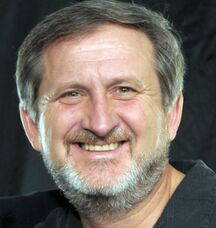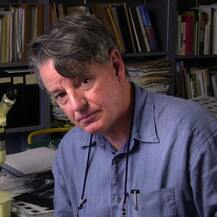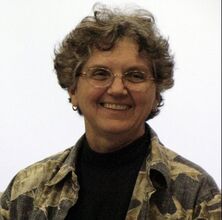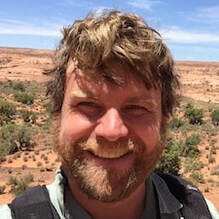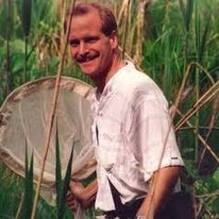Past and Present Trustees
Current Trustees
|
David Hillis (2007 - Present)
David is an evolutionary biologist, and the Alfred W. Roark Centennial Professor of Biology at the University of Texas at Austin. He conducts evolutionary analyses in two main areas: empirical studies of molecular evolution, and the development of evolutionary theory and methodology. His empirical work consists mainly of experimental manipulation of viruses, phylogenetic analyses of highly conserved genes, and studies of molecular processes that relate to multigene families. His theoretical work mainly concerns finding the best ways to estimate phylogenies from molecular sequences and on simulations of molecular evolution using supercomputers. |
|
Joel Cracraft
Joel is the Lamont Curator for the Department of Ornithology in the Division of Vertebrate Zoology at the American Museum of Natural History. He is also the Principal Investigator for the Sackler Institute for Comparative Genomics, and a Professor at the Richard Gilder Graduate School. His work on the systematics of birds, speciation analyses, and biogeography are all components of his interests in understanding how biotas originate and change over time, and how one understands patterns and processes of diversification. |
Past Trustees
|
Vicki Funk
Vicki Funk was a Senior Research Botanist and Curator at the Smithsonian Institution, National Museum of Natural History, Department of Botany. She was a world expert on the taxonomy and biogeography of the sunflower family, Compositae, which is the largest family of flowering plants with more than 27,000 species. During her distinguished career, Vicki achieved preeminence in the fields of plant systematics, phylogenetic methods, biogeography, and biodiversity conservation. |
|
Casey Dunn
Casey is a professor at Yale University where he studies animal evolution, with a particular focus on better understanding our most distant animal relatives and the earliest events in the animal tree of life. His research includes field work to collect poorly known animals, often by SCUBA diving and sometimes with remotely operated underwater vehicles. His lab also develops methods and tools for analyzing evolutionary relationships, and uses those relationships to provide an integrated perspective on genomic and anatomical evolution. |
|
David Wagner
David is a professor at the University of Connecticut where his research interests lie mostly in the biosystematics of Lepidoptera and invertebrate conservation. Many of his recent efforts have been treatments of the immature stages of Lepidoptera. Additionally, recent projects relating to invertebrate conservation have examined the importance of early successional habitats to invertebrates, pollinator decline, invasive species impacts, and climate-change threats. |

